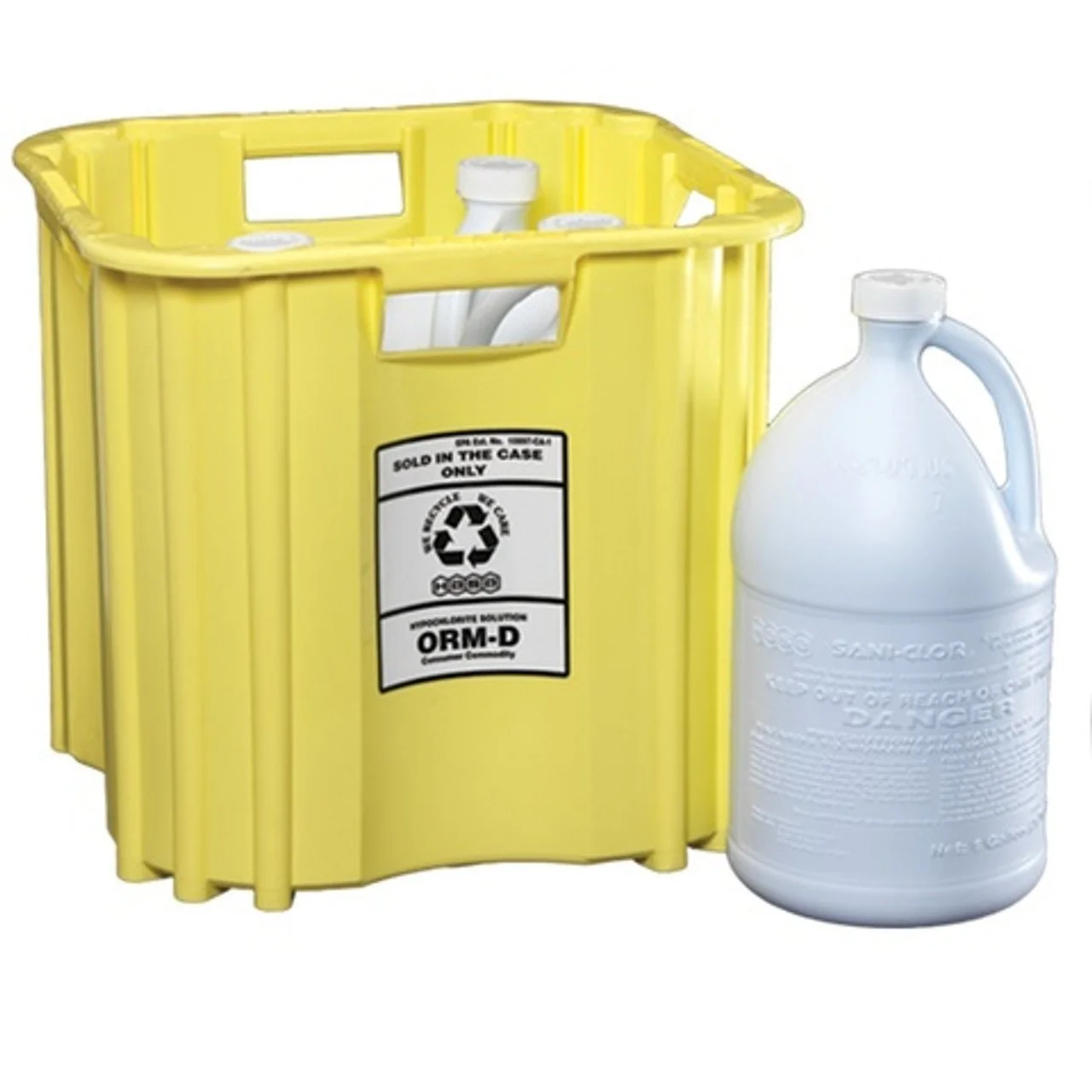Tips, Insights & Pool Care Advice for Bay Area Homeowners
Explore our latest articles designed to help you keep your pool or spa in top shape—from seasonal tips to expert maintenance know-how.

Why Relying on Chlorine Tabs Is Not Ideal for Pool Management
While chlorine tablets offer convenience, they can cause long-term damage to your pool water balance and equipment. Here’s what homeowners in the Carmel area should know—and better alternatives to keep your pool safe and clean.

Summer green to clean
Is your pool more swamp than sanctuary? Discover the expert process Bay Pool Services uses to restore green pools into crystal-clear backyard retreats.

Pristine Pools: The Essential Role of Chemicals in Pool Maintenance
From Monterey’s coastal pollen to water source variation, local pools face unique challenges. Here’s how the right chemistry keeps your water clean, clear, and swimmer-safe.

Defending Your Pool Against Tree Debris: Prevention and Maintenance Tips
Redwoods and oaks may frame the perfect view—but their leaves, twigs, and tannins can wreak havoc on your pool. Here’s how to protect your water, surfaces, and equipment in Pebble Beach, Carmel, and Monterey.

Pool Care in a nutshell: What Every Homeowner Should Know
Balancing chemicals, managing circulation, and avoiding costly damage—here’s what you need to know to keep your pool pristine, or why a pro might be your best bet.

Finding the Perfect Fit: Key Considerations When Hiring a Pool Services Company
Choosing a pool service provider isn’t just about price—it’s about trust, reliability, and knowing your pool is in good hands. Here’s how to find the right team for your home.
